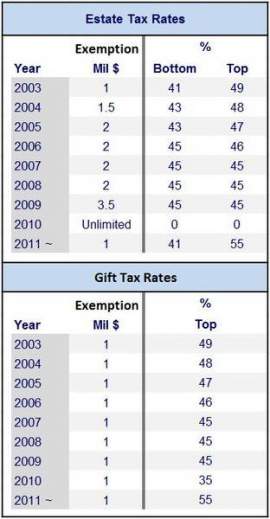
The Facts About Property Exemptions

Ad valorem taxes, which are taxes derived from the assessed value of personal property or real estate, is the largest form of revenue for state and municipal governments. All landowners, whether individual or corporate, are subjected to such a tax.
The ad valorem taxation model varies based on jurisdiction, the quality of land, and other physical factors that make up the assessment calculation. Ad valorem taxes will deviate based on such characteristics, but each jurisdiction will offer property owners a resource used to mitigate such a burden. Tax exemptions offer tax payers a break; the amount levied will dissipate based on what the government has rendered exempt or excluded from being taxed.
Exemptions in regard to ad valorem taxes are defined as property that has been expelled from the assessment roll. Once property has been excluded from assessment the ad valorem taxation will not be applied to real property.
Tax exemptions in regards to the ad valorem taxation model vary greatly based on jurisdiction, but general guidelines do exist depending on an individual's length of residency, age, military status, energy choices, or renovation procedures applied to the land.
Homestead Exemption:
The majority of states offer a form of Homestead Exemption based on how long an individual has resided on a particular piece of land. In order to qualify for this exemption, an individual must maintain residency for the majority of the year in the particular location or jurisdiction in question.
This exemption will be available as soon as the land is purchased, but the minimum terms required vary based on state-for example, in order to receive this exemption in Maine an individual must live in the state for at least a year, while in Alabama, the exemption will be available within six weeks of ownership. The Homestead Exemption decreases a home's assessed value by a fixed percentage or a dollar amount. Most states offer this form of relief for ad valorem taxes, however, variables vary greatly based on jurisdiction, which greatly alter the amount of exemption available.
Some states for example, tie the exemption to criteria such as:age, amount of income, or education level. In addition to contrasting variables, states also differ in time limits for filing and re-application requirements.
Exemptions for Seniors or the disabled:
Mostly every state will offer some sort of exemption to elderly homeowners or the disabled. These exemptions are tied into relief programs which allow both groups to seek reductions in ad valorem taxes. The eligibility requirements for such exemptions also vary based on state tax law. For some states the refund may not kick in till an individual reaches 65, while other states may start at 60 or 70 years of age. Disabled homeowners will inevitably be required to show proof such as eligibility as it pertains to Social Security disability benefits or medical history.
Renovations:
By improving one's land an individual will often times benefit in the form of reduced ad valorem taxation. Communities appreciate refurbished land; improvements made to property create a more pristine image of a locality. The exemption will vary based on the improvement and state tax laws, but exemptions for renovations often exist for multiple years.
The exemption will also vary based on the land in question-how old is the piece of land being renovated? When was it last renovated? What condition was it in before renovation? Dilapidated projects that haven't been refurbished in years will often lead to substantial exemptions.
Military Veterans:
Exemptions for ad valorem taxes are available to veterans who own homes (primary residency), served during wartime, and were honorably discharged. Some states will extend benefits to all veterans, regardless of participation in war, but the previous description is more common among states. These exemptions will also be extended to the spouses or families of a deceased veteran.
Exemptions for energy improvements:
The installation of energy efficient systems in one's home can reduce the amount of ad valorem taxes levied. Many states exclude the value of "green" improvements from a property's assessed value.
The level of exemption or requirements for exemption vary based on state, but all can be found the governments website or http://www.dsireusa.org/. Eligibile upgrades often include the installation of solar panels, photovoltaics, geothermal heat pumps, or solar water heaters.
There are three types of exemptions in regards to ad valorem taxes:full exemption, partial exemption, and special assessment. The level of exemption or type applied varies on state tax law, and the type of exemption based on the above categories.
Nobody enjoys paying ad valorem taxes, but often times homeowners are unaware of the benefits offered through the various exemptions. Having complete knowledge of the exemptions available, and the particular state laws applied can greatly lower an individuals yearly ad valorem taxation.



















